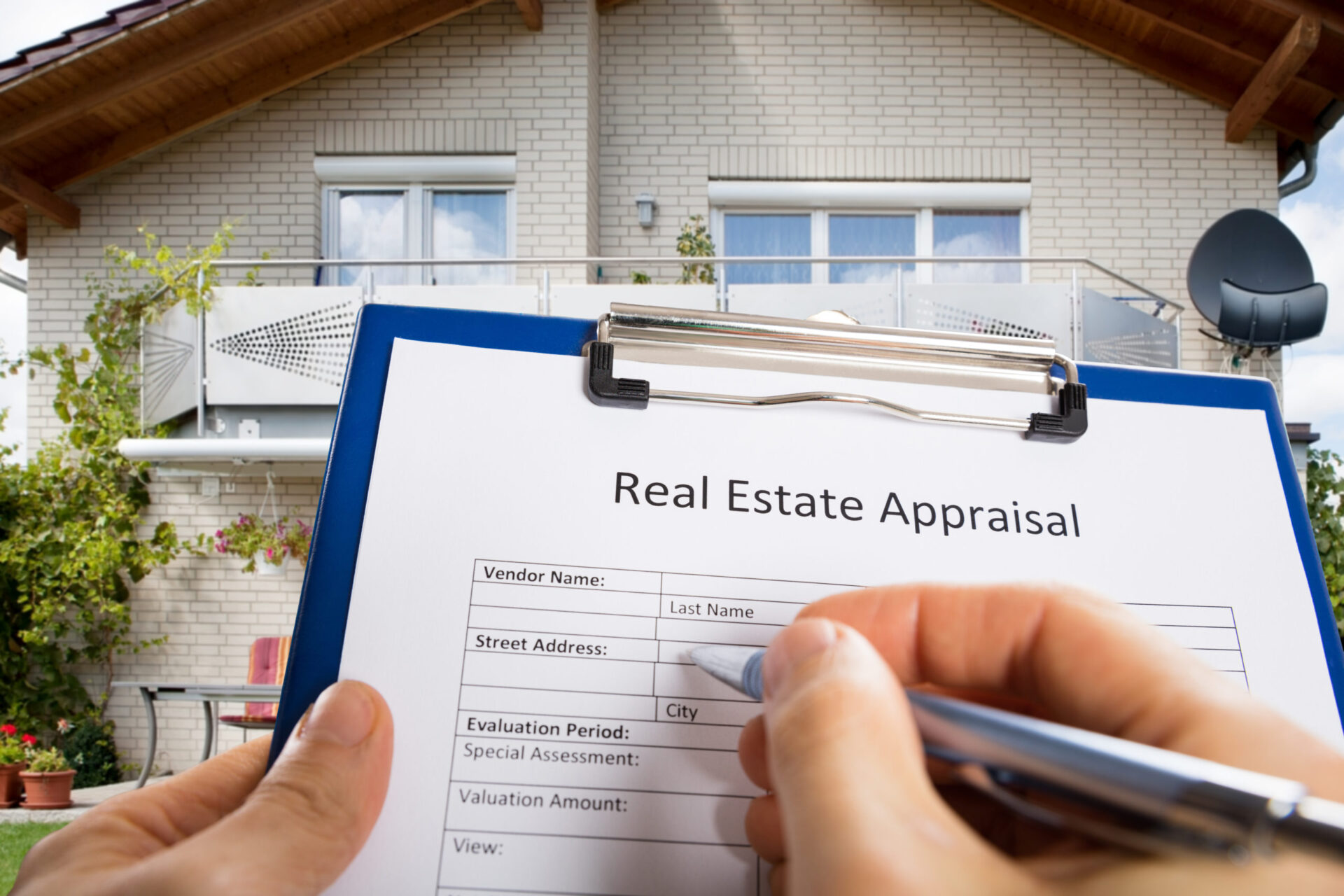By KIMBERLEY HAAS
Officials at the Federal Housing Finance Agency say racial and ethnic valuation gaps in home appraisals are being reduced in a majority of states.
According to a blog published Tuesday, “Although an appraisal valuation gap continues to exist between white and minority population tracts, data indicate a reduced gap following actions by stakeholders and federal, state, and local agencies, including the release of the PAVE Action Plan.”
The federal Interagency Task Force on Property Appraisal and Valuation Equity was created in June of 2021 to tackle the problem of racial and ethnic bias in home valuations. It is comprised of 13 federal agencies and offices and is co-led by officials at the U.S. Department of Housing and Urban Development and the White House Domestic Policy Council.
In March of 2022, the PAVE Action Plan was released.
Using Uniform Appraisal Dataset Aggregate Statistics, analysts found that in 39 states the appraisal gap has narrowed since the action plan’s release.
In six states – Alabama, Delaware, Kentucky, Mississippi, New Mexico, and Texas – the appraisal gap between white and minority tracts increased.
In five states – Connecticut, Minnesota, Oklahoma, Rhode Island, and Washington – the percentage of low appraisals in minority tracts was lower than the percentage of low appraisals in white tracts.
In every other state, minority tracts continued to have a higher percentage of low appraisals as compared to white tracts but the gap narrowed substantially, according to the blog.
“More analysis is needed to determine whether this is a causal relationship, but it nonetheless represents an encouraging trend as public and private stakeholders continue their efforts to eliminate appraisal bias,” FHFA officials said.
White House officials have announced a set of actions to “ensure that every American who buys a home has the same opportunities to build generational wealth through homeownership.”
These actions include issuing a proposed rule for financial institutions, mortgage originators, and secondary market issuers who use Automated Valuation Models. They will have to adopt policies to protect against data manipulation, avoid conflicts of interest, and prevent algorithmic bias in home valuations.
Officials also want to break down the barriers to entry in the appraisal profession. They say there are a number of federal requirements for becoming an appraiser and there is no evidence they produce better appraisals.
The PAVE Task Force sent a letter to the Appraisal Foundation earlier this year asking it to reexamine the experience, education, and examination requirements for appraisers.
Read More Articles:
Are In-Person Appraisals On Their Way Out?
